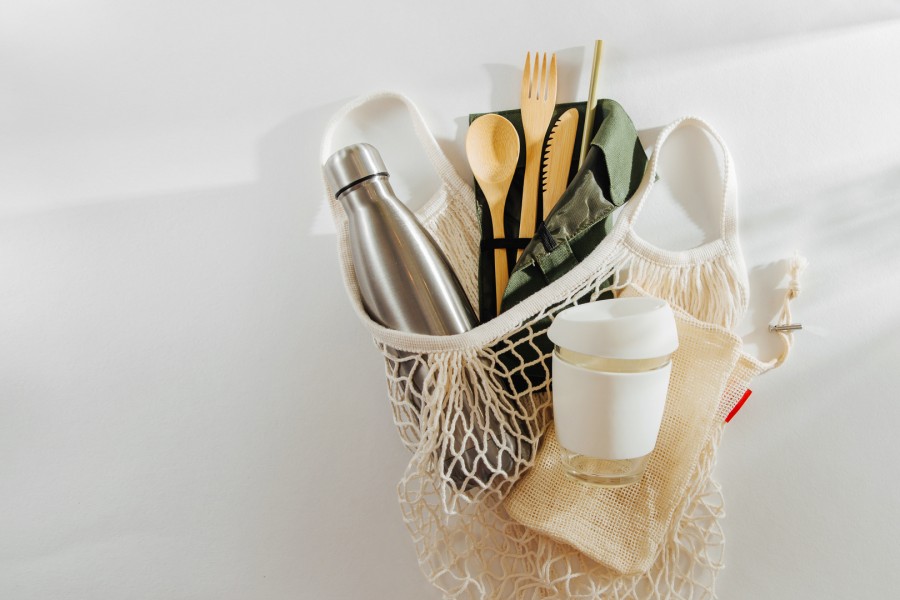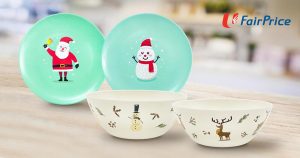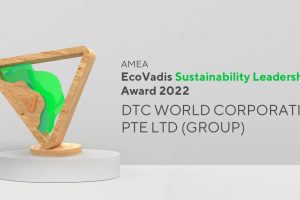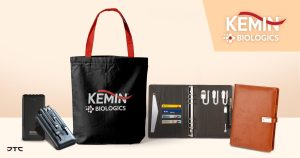
Plastics Alternatives for Sustainable Promotional Gifts
DTC’s commitment to sustainability is truly holistic and deeply embedded into how we have done business for over two decades. It’s rooted in our purpose that, through this initiative, we have the power to change lives.
In the previous blogs, we have talked about Aluminium, Bamboo, Ceramic, Cork, Cotton, Felt, Glass, Jute, and RPET.
Click below to read about the blogs:
What Everybody Ought to Know About Sustainable Promotional Product Materials
Be part of Plastic Free July by choosing Sustainable Promotional Product for your next Campaign
In this blog, we take a closer look at Silicon, Stainless Steel, Wheat Straw, Wood and Zinc.
Silicon
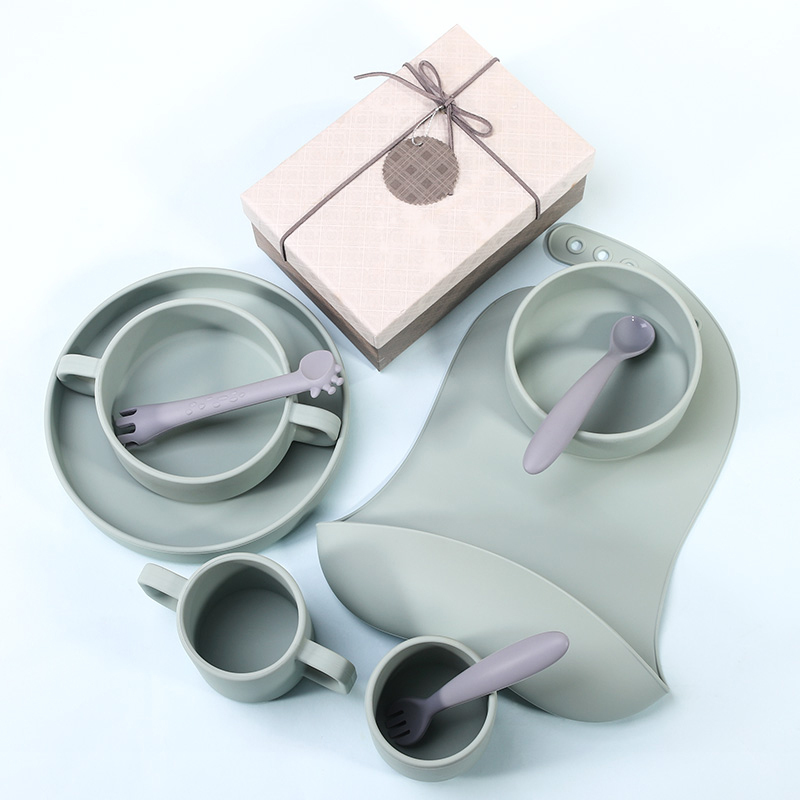
Have you wondered what silicone is even made of? The answer is it comes from quartz, an ingredient found in sand. All silicone cookware sold is made of food grade silicone. Silicone rubber is easy to clean, and won’t require harsh, damaging solvents that can pollute the air or water. A distinct advantage of silicone is its durability. Because silicone is so durable, it does not easily biodegrade or decompose. While normal plastics break down into dangerous micro plastic pieces that can be ingested by wildlife and ocean life, silicone doesn’t break down much at all.
So while you usually think of biodegradability of products as a good thing, you actually do not want silicon to be degradable. Here is why: If it was degradable, then it would release particles from food containers when you eat, and that’s not healthy.
See products made with silicon
Stainless Steel
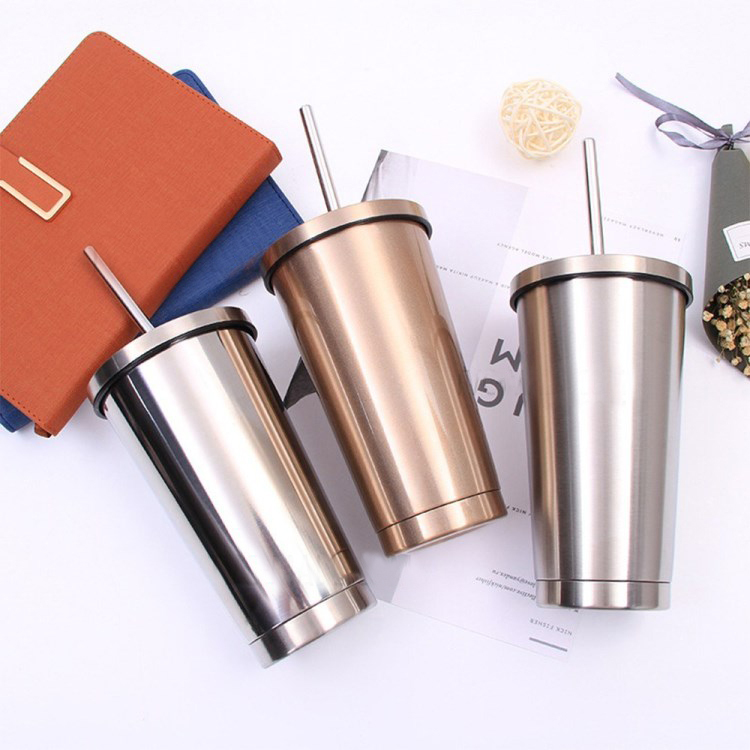
Stainless steel is not exactly a material you would ordinarily couple with the notion of sustainability, but the good news is that it is. In fact, it is one of the worlds’ most sustainable metals, simply because it is corrosion-resistant and extremely durable. Furthermore, stainless steel can be recycled into new products without losing any of its properties, thus making sure the quality of the metal stays the same even after it has been recycled.
See products made with stainless steel
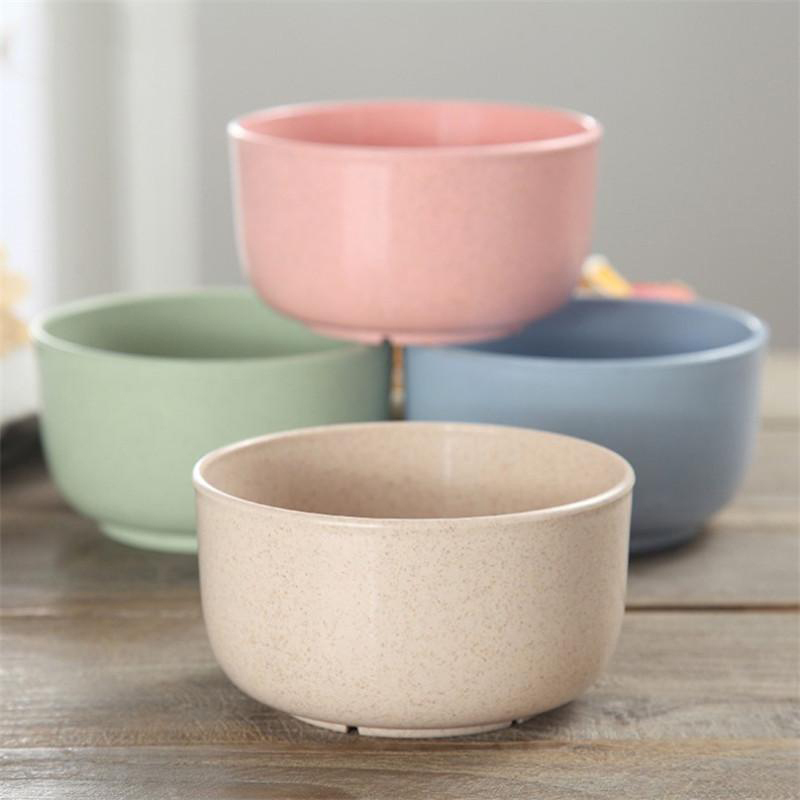
Wheat Straw
Wheat straw plastic is an eco friendly material; a smart, environmentally friendly alternative to plastic. It is a premium food grade material and is completely BPA free and has FDA approval. The impact of regular plastic on the environment is devastating, and wheat straw plastic is an awesome alternative. It is made from a by-product of wheat production, namely wheat straw. It has many applications like wheat straw food containers, wheat straw drinking straws, wheat straw plastic plates, reusable coffee cups and many more. Wheat straw is the byproduct that is left over after the wheat harvest, and by using it to make a plastic like substance, it is an ideal zero waste option. Here is the cool part, wheat straws can be melted back into a pulp, which is then used to create more products again, and again. And this process requires almost no energy.
See products made with wheat straw
Wood

Wood is known to be one of the most naturally renewable energy sources, which means it will have less of an impact on the environment compared to other materials. The coolest thing about trees is they absorb carbon dioxide from the atmosphere and release oxygen back to the atmosphere, which lowers the overall carbon footprint of wood. As a ‘carbon store’, once wood absorbs CO2, it is stored there and remains out of the atmosphere. Besides that, trees are a natural, renewable source of material that grows all over the world, meaning it can be sourced locally in almost every country. This drastically limits travel, which is among the biggest culprits of carbon emission. In short, buying products made out of wood is great not only for limiting the carbon emission impact in the world, but also for absorbing already existing CO2.
Zinc
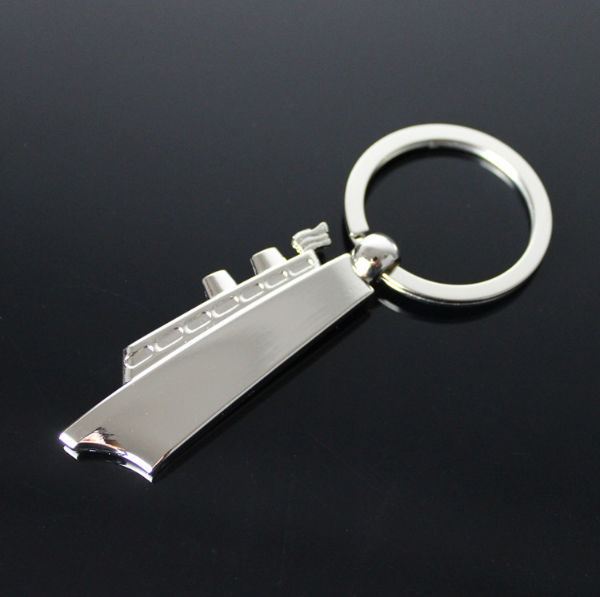
Zinc is a material that is naturally present in rock, soil, water, and air. It is actually essential to the health of not only you and me but also the health of animals and crops. Zinc is extremely durable and recyclable, thus saving natural resources. This in turn improves the sustainable performance
Do you want to learn more about sustainable materials and generate ideas to create more environmentally friendly marketing campaigns? Contact us to discover how DTC can help your marketing campaigns become more environmentally sustainable and socially responsible.
You may be interested in reading:
4 Easy Ways to go Plastic-Free in our Daily Lives
What is EcoVadis Scorecard? Why you should only Partner with an EcoVadis rated Premiums Supplier?
Click here to return to Blogs.
Explore more posts on our site:
